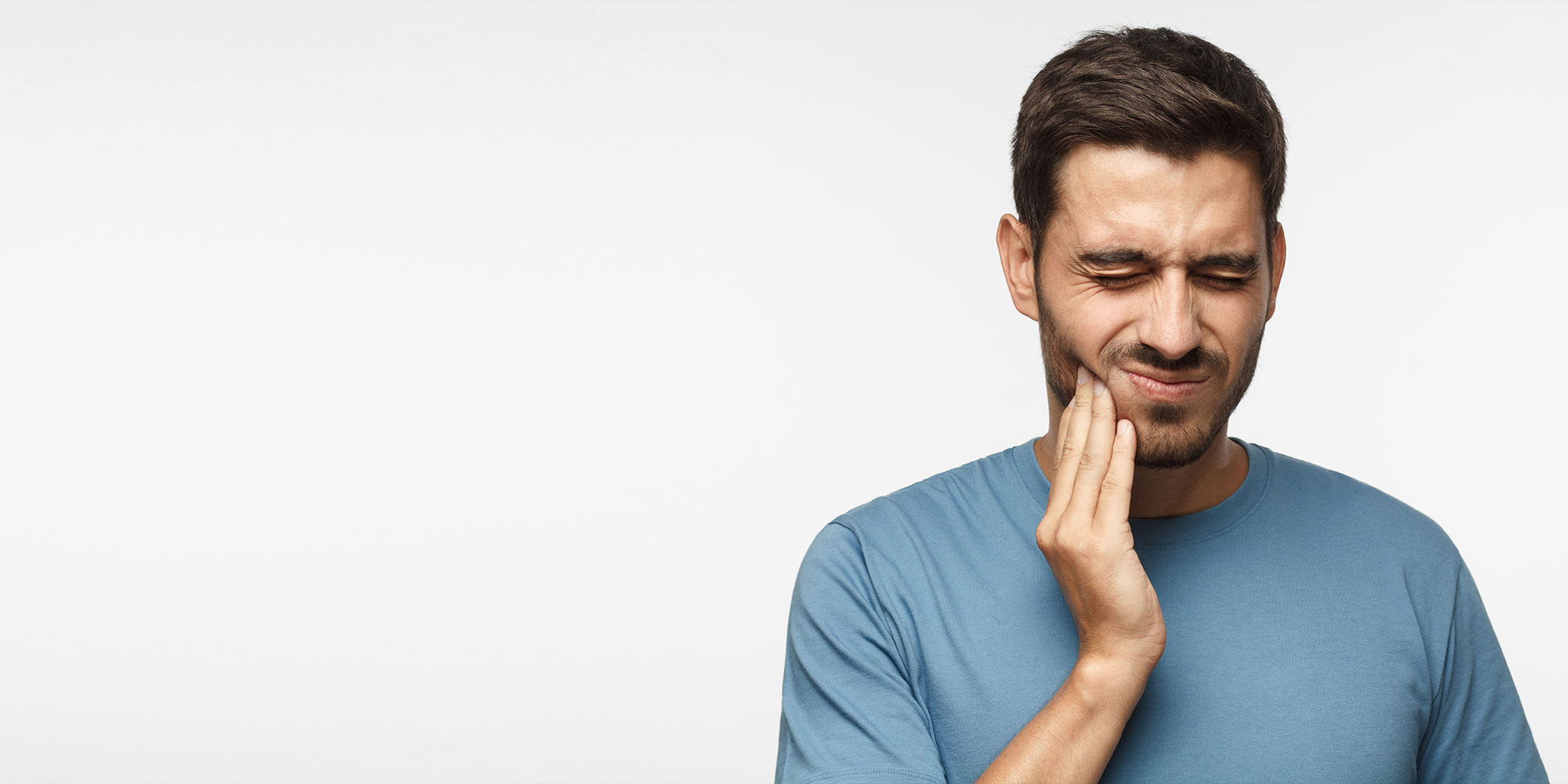
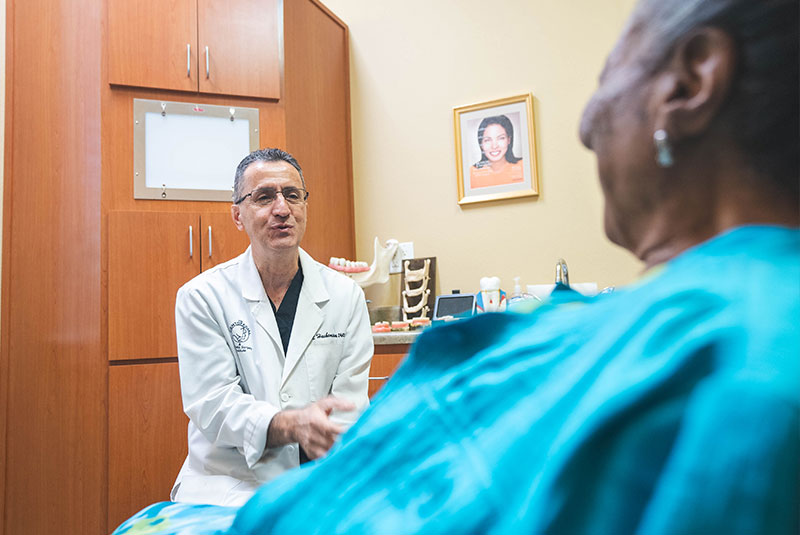
Temporomandibular joint dysfunction or disorders impact 10–15% of adults. The temporomandibular joint (TMJ) is the name for each joint (right and left) that connects your jaw to your skull. TMJ dysfunction happens when the joints of your jaw and the chewing muscles (muscles of mastication) don’t work together correctly. The vast majority of TMJ sufferers are unaware of the root cause of their debilitating problems and don’t seek treatment.
The good news is that if you experience symptoms that interfere with your daily life, our oral and maxillofacial surgeon, Dr. Michael Hashemian, can accurately diagnose TMJ dysfunction and alleviate your pain, usually without surgical intervention. Early detection and TMJ treatment in Spring Hill, Lecanto, Land O’ Lakes, and Clearwater, FL, can prevent the risk of severe health repercussions, including earaches, tinnitus, vertigo, inability to eat a healthy diet, and sleep disturbances.
TMJ disorders develop for many reasons, with triggers that appear to be biological, environmental, social, emotional, and cognitive. Bruxism (clenching or grinding your teeth), tightening your jaw muscles, or other undue stress can lead to TMJ-related issues. Studies suggest certain patients are vulnerable to developing TMJ pain and dysfunction following acute physical or psychological trauma.
Myofascial pain involving discomfort or pain in the muscles that control jaw function accounts for 80% of cases. Secondarily, internal derangement of the joint can result in a displaced disc, dislocated jaw, or injury to the condyles (the rounded ends of the lower jaw that fit up into the jaw joints). And last, degenerative or inflammatory joint diseases (e.g., osteoarthritis and rheumatoid arthritis) can damage the joint directly or stretch or tear your muscle ligaments, causing your jaw joint to slip out of position. Regardless of the underlying cause, TMJ dysfunction can result in a misaligned bite and painful symptoms.

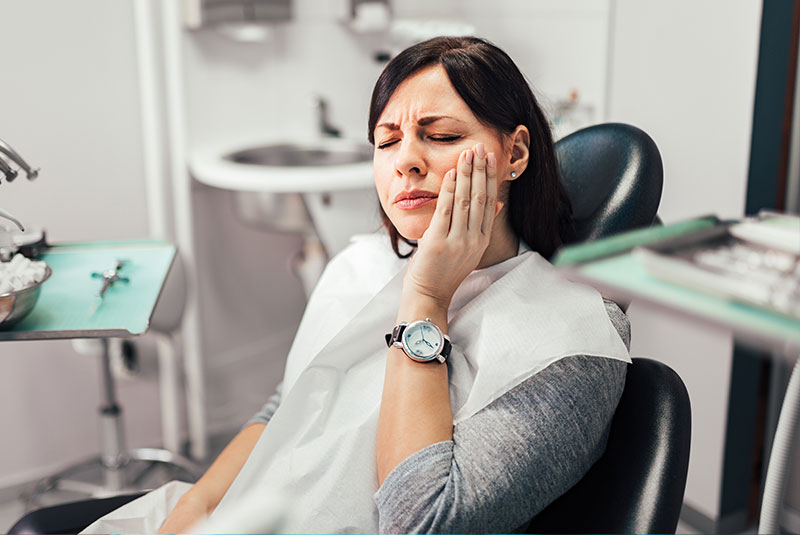
After a thorough evaluation, Dr. Michael Hashemian will determine the most effective way to treat your TMJ dysfunction in Spring Hill, Lecanto, Land O’ Lakes, and Clearwater, FL. It’s important to note that TMJ-related symptoms are best alleviated through a team approach that combines self-care with professional treatment. The initial goals are to relieve muscle spasms and joint pain.
This can usually be accomplished with pain relievers, anti-inflammatory medications, and muscle relaxants. In addition, steroids can be injected directly into your jaw joints to reduce pain and inflammation. Stress management techniques such as biofeedback or physical therapy may also be recommended to ease TMJ-related symptoms.
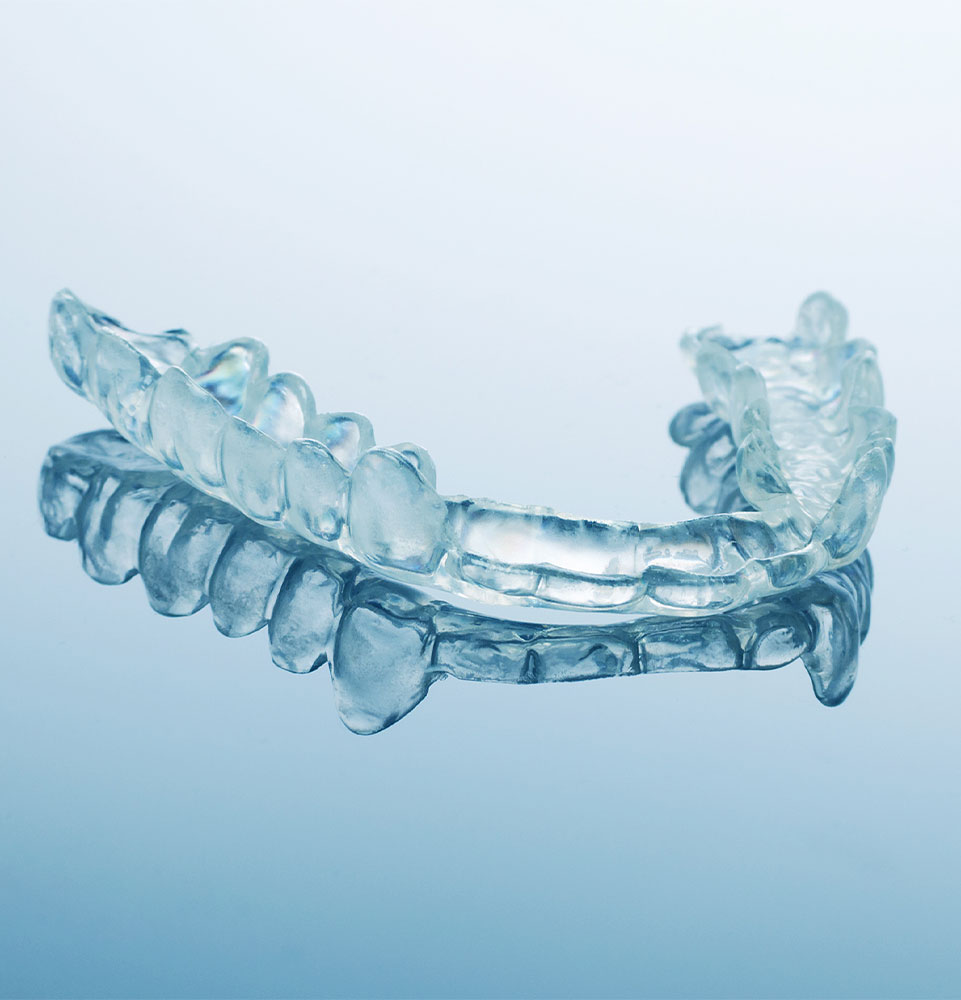
A temporary, clear, customized mouth appliance known as a splint can often improve TMJ dysfunction and eliminate or reduce symptoms. A splint (or nightguard) fits over your top or bottom teeth and helps keep your teeth apart, thereby relaxing the muscles and reducing pain. A TMJ nightguard helps prevent bruxism, reduces muscle tension at night, and protects your cartilage and joint surfaces.
An anterior positioning appliance moves your jaw forward, relieving pressure on parts of your jaw while aiding in disk repositioning. The positioning appliance may be worn 24 hours a day to enhance the healing of your jaw joints. An orthotic stabilization appliance is worn 24 hours a day or at night to move your jaw properly.
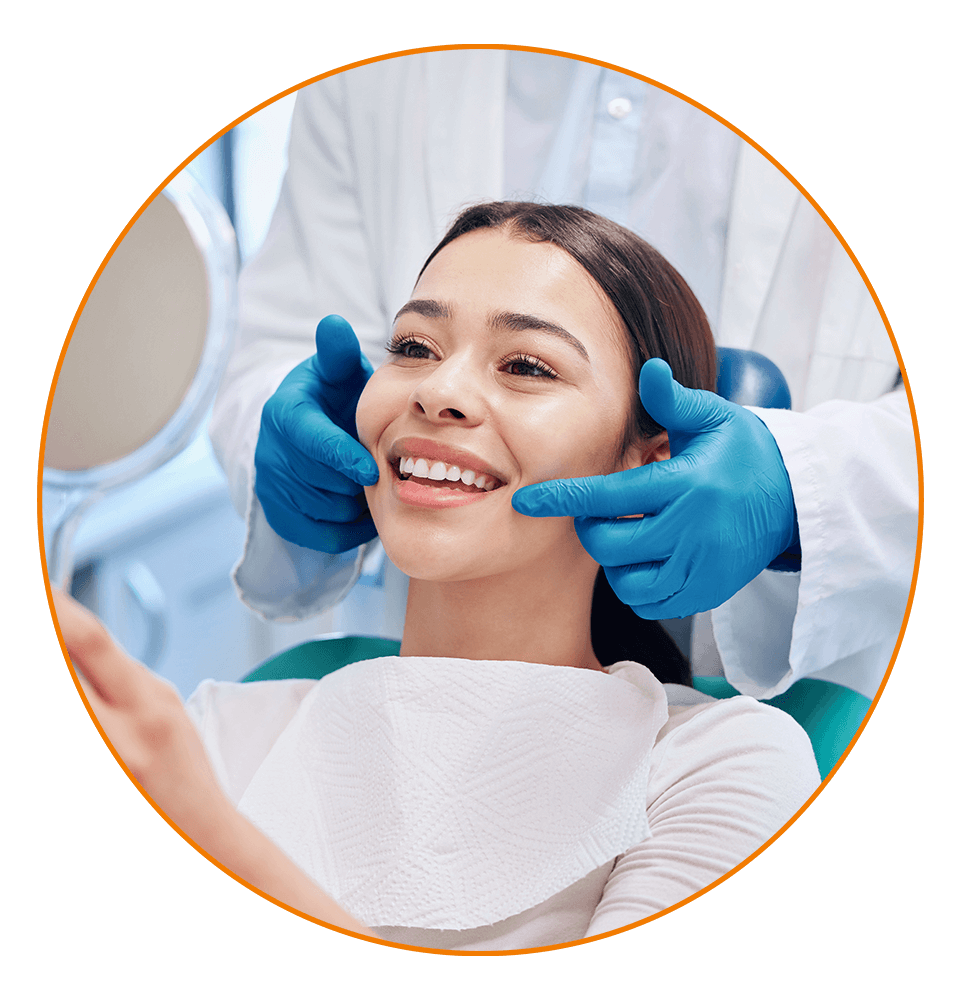
If TMJ disorder has caused problems with occlusion (how your teeth fit together), you may need treatment such as bite adjustment (equilibration), orthodontics with or without jaw reconstruction, or restorative dental work. Surgical options such as arthroscopy and open joint repair restructuring are reserved for severe cases.
At Dentofacial & Cosmetic Surgery Institute, we believe in conservative approaches and minimally invasive techniques whenever possible. As such, Dr. Hashemian doesn’t consider TMJ surgery unless your jaw can’t open, is dislocated and nonreducible, has severe degeneration, or you’ve undergone appliance treatment unsuccessfully.

New Patient - (352) 675-7110
Current Patient - (352) 688-4556
New Patient - (352) 458-6048
Current Patient - (813) 922-1818
New Patient - (813) 536-4860
Current Patient - (813) 922-1818
New Patient - (727) 732-6370
Current Patient - (727) 796-1716